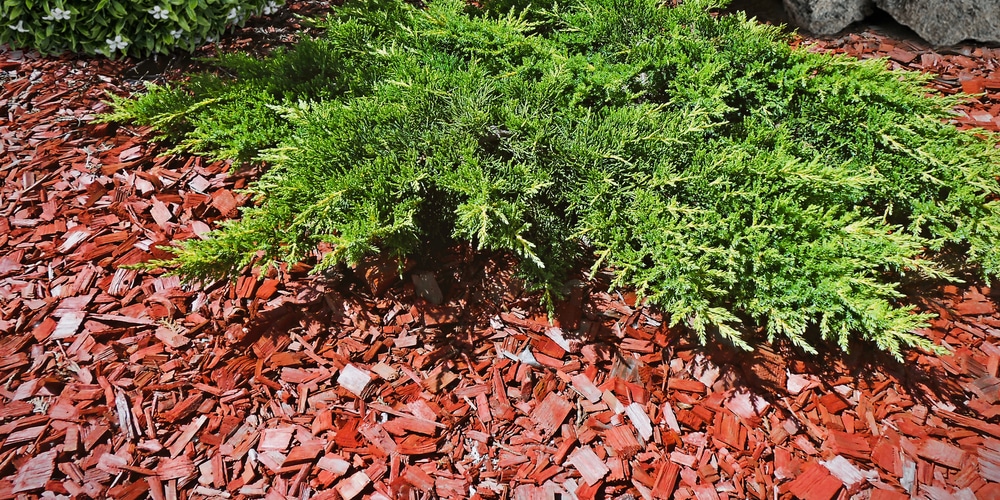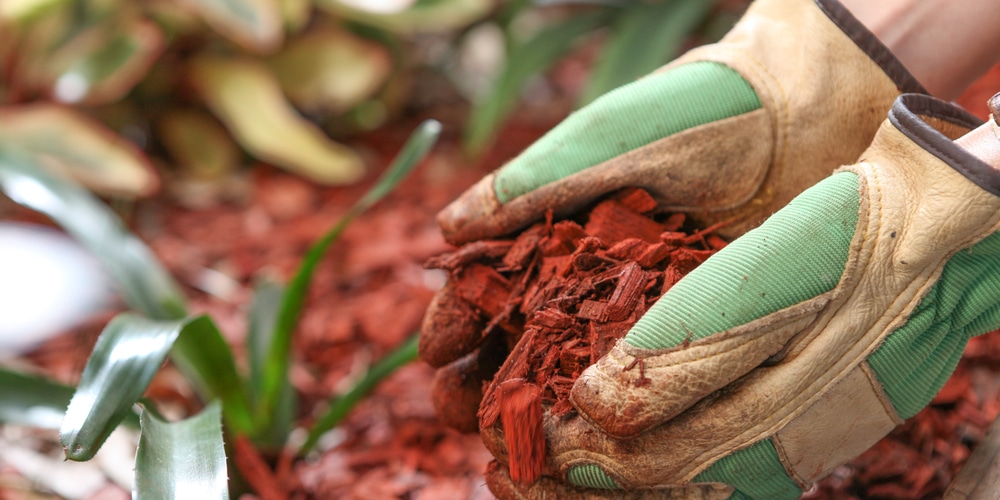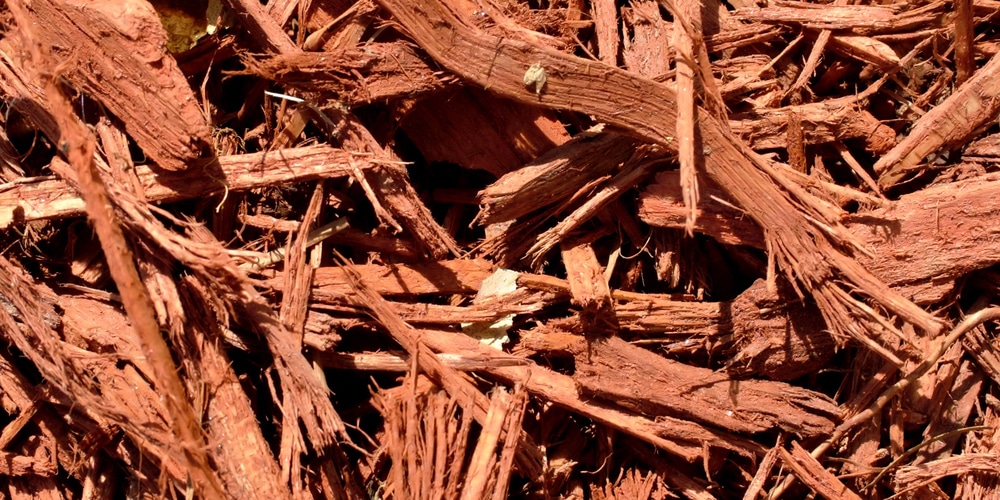If you like taking care of your garden, you might be familiar with the practice of mulching. Adding mulch around your plants is a health booster to your green friends.
After all, it helps increase water retention and drainage, maintains a stable soil temperature, and improves the nutrient content in the ground. It can also keep weeds at bay! However, sometimes not everything goes as you plan it.
For instance, did you know that mulch can be a fire hazard? Have you ever noticed mulch smoking? While this might surprise you, mulch can catch fire, so you have to be careful when placing it.
You have landed in the right place if you want to learn why mulch smoke. Keep reading this essential guide to learning everything you must know about the topic.
Can Mulch Catch Fire On Its Own?
Mulch can spontaneously combust with the heat (and when the climate is dry), especially when applying a thick layer (about six inches or more). If you notice your mulch smoking out of the blue, that might be why. However, this is not a common situation as the others we included in this guide.
For example, more commonly, your mulch might start “smoking” with a fungus such as a slime mold, which usually appears after you watered your plants. Such a situation is common with high humidity and plenty of rain.
After all, the fungus feed on bacteria that thrive in moisture, and organic mulches (especially when made of wood) offer them the ideal living conditions.
As slime mold dries, it first turns brown and then white. While it won’t harm your plants, it might affect the appearance of your garden. Consider scraping it off or reducing humidity in the environment to solve the issue.
Finally, don’t forget that one of the most common causes of mulch catching fire is the inadequate disposal of flammable materials such as cigarettes or coal.
A fire could also start from electrical sparks caused by lighting or buried wires. For precaution, leave at least 18 inches between the mulch and any buildings around. Also, consider adding gravel to prevent the smoking from spreading too fast.
Why Is Mulch Hot?
Often, mulch will become hot during the decomposition process as the bacteria start breaking it down. The chemical reactions involved generate heat, resulting in mulch releasing smoke. You will probably see such a reaction more often if you live in a cold region.
But don’t worry about it: it is a natural reaction that won’t cause you any problems. Still, if your mulch seems to decompose too quickly, you might have to change it more often.
Usually, such a situation is more common if you use wood chips or bark for mulching. Of course, because the steam results from the decomposition process, your mulch won’t become hot if you don’t use organic material.
You can avoid steaming by keeping the mulch dry (which will slow down the decomposition since bacteria and fungi thrive in a moist environment). Alternatively, you can also use rot-resistant materials (cedar mulch) or inorganic mulch.
How to Prevent Mulch From Catching Fire
A fire can be dangerous. So, take all the measures you can to prevent it. Luckily, you can do so by implementing a couple of simple steps.
To begin with, you should apply mulch at an adequate distance to buildings (and your house) and grills, decks, or other structures. And if you live in a hot and dry region, don’t forget to regularly water mulch.
Factors such as high temperatures, dry conditions, and strong winds will increase the risk of mulch fires. While you cannot do anything about the natural elements, you can take measures to contain the issue.
For instance, using stones and rocks around your house can decrease the danger. Add a rock bed around your building: doing so will create a barrier that will save your property in case of a fire and keep your family safe.
Of course, avoid discarding cigarettes (or other burning material) around your garden or in potted plants. If you smoke, dispose of your cigarettes properly.
If your organic mulch “smokes” naturally (and you don’t like it), consider using inorganic mulch. Also, avoid applying thick layers of mulch: when it is more than 6 inches, it will catch fire quicker.
Related Article: Mulching Onions


